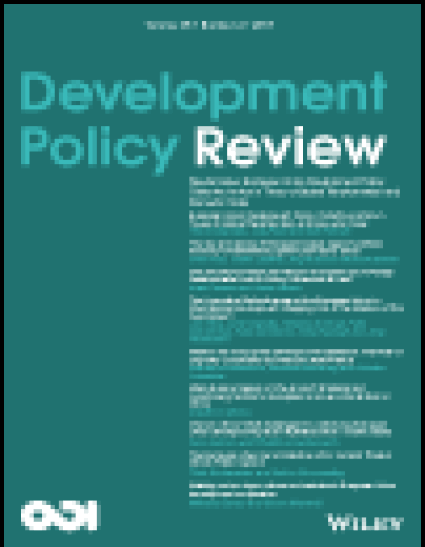
Article
Public Credit Programmes and Firm Performance in Brazil
Development Policy Review
(2017)
Abstract
Credit rationing is a common phenomenon faced by firms, one that has negative implications for long-term investments. In Brazil, public credit plays a key role in supporting firms: state-owned banks account for almost half of the outstanding credit. Public credit programmes aim at reducing credit restrictions, increasing competitiveness and job creation for small and medium enterprises. This article analyzes the effectiveness of the credit lines managed by two main public institutions in Brazil. Results show that access to public credit lines has a significant positive impact on firms’ employment growth and exports, while no effect was found on wage differential. The impact on exports is driven by the increase in volumes among exporting firms rather than the probability of becoming an exporter.
Keywords
- Public debts -- Brazil,
- Impact evaluation,
- Brazil -- Employment -- Effect of public credit programs on,
- Brazil -- Labor productivity -- Effect of public credit programs on,
- Credit control -- Brazil
Disciplines
Publication Date
April 18, 2017
DOI
10.1111/dpr.12250
Publisher Statement
© The Authors 2017. Development Policy Review © 2017 Overseas Development Institute
Citation Information
Maffioli, A., de Negri, J. A., Rodriguez, C. M., Vazquez-Bare, G. Public Credit Programmes and Firm Performance in Brazil. Dev Policy Rev. 2017:00:1–28. DOI:10.1111/dpr.12250
